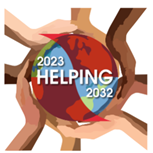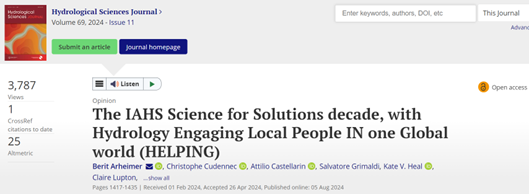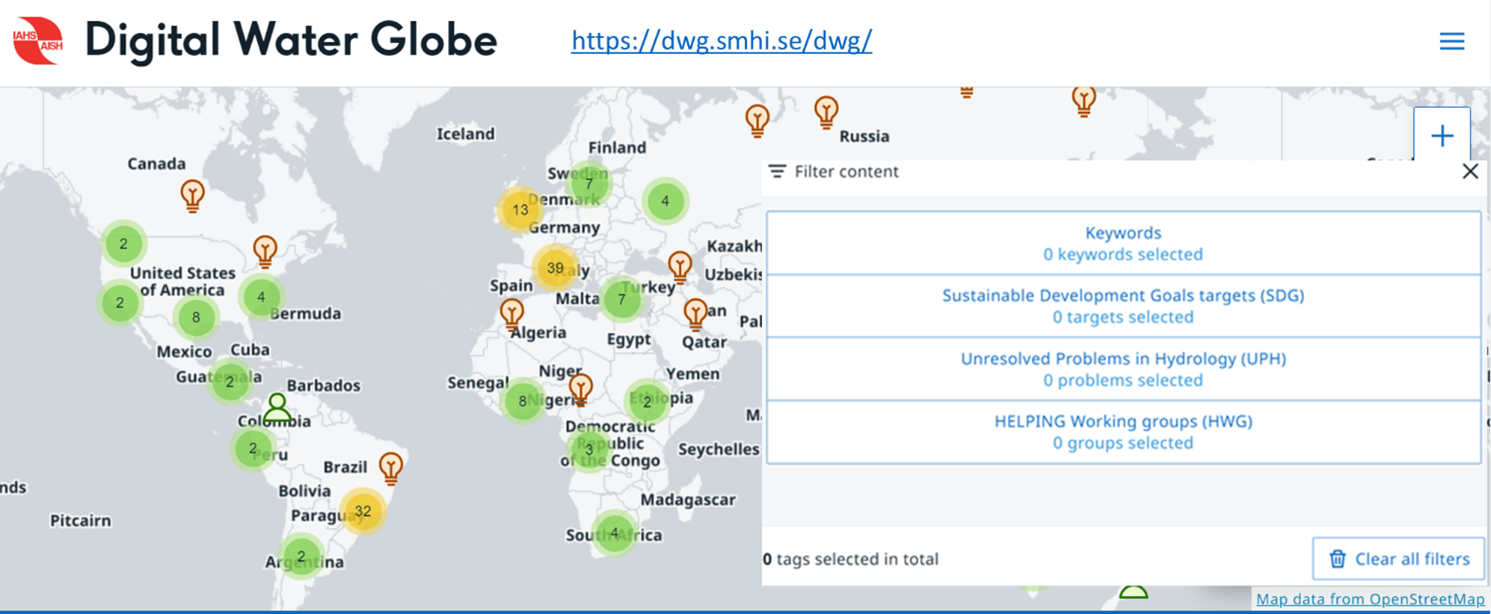IAHS News
Registration deadline for joint conference in Florianópolis, Brazil, November 2024
Places are still available for the joint conference between the IAHS International Commissions on Statistical Hydrology (STAHY) and the Water Resources System (ICWRS) held in collaboration with the Brazilian Water Resources Association (ABRHidro) in Florianópolis, Brazil. But time is running out so get your registration in before the 28 October deadline. This conference is a joint meeting on water resources systems and statistical hydrology, which combines three events:
- The 9th International Symposium on Integrated Water Resources Management (IWRM)
- The 14th International Workshop on Statistical Hydrology (STAHY)
- The 1st Brazilian Meeting on Statistical Hydrology (EBHE).
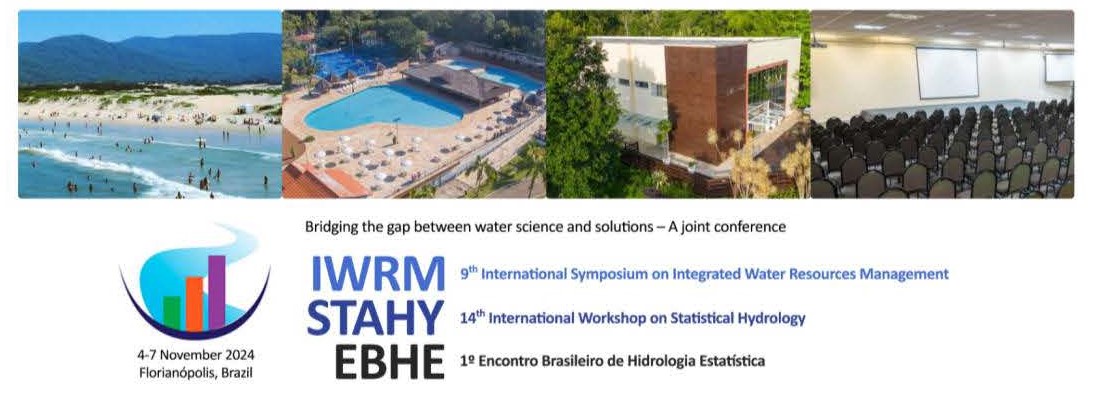
Among other exciting happenings, this conference offers:
- Two keynotes by Prof. Alberto Montanari and Prof. Ross Woods
- IAHS Prize ceremonies and the medallists’ solicited presentations
- Early Career Scientists lectures
- Eight oral sessions
- numerous posters with flash presentations.
For more detailed information, please find the full program here.
Open Call for Next Biennium Chair of IAHS HELPING Decade
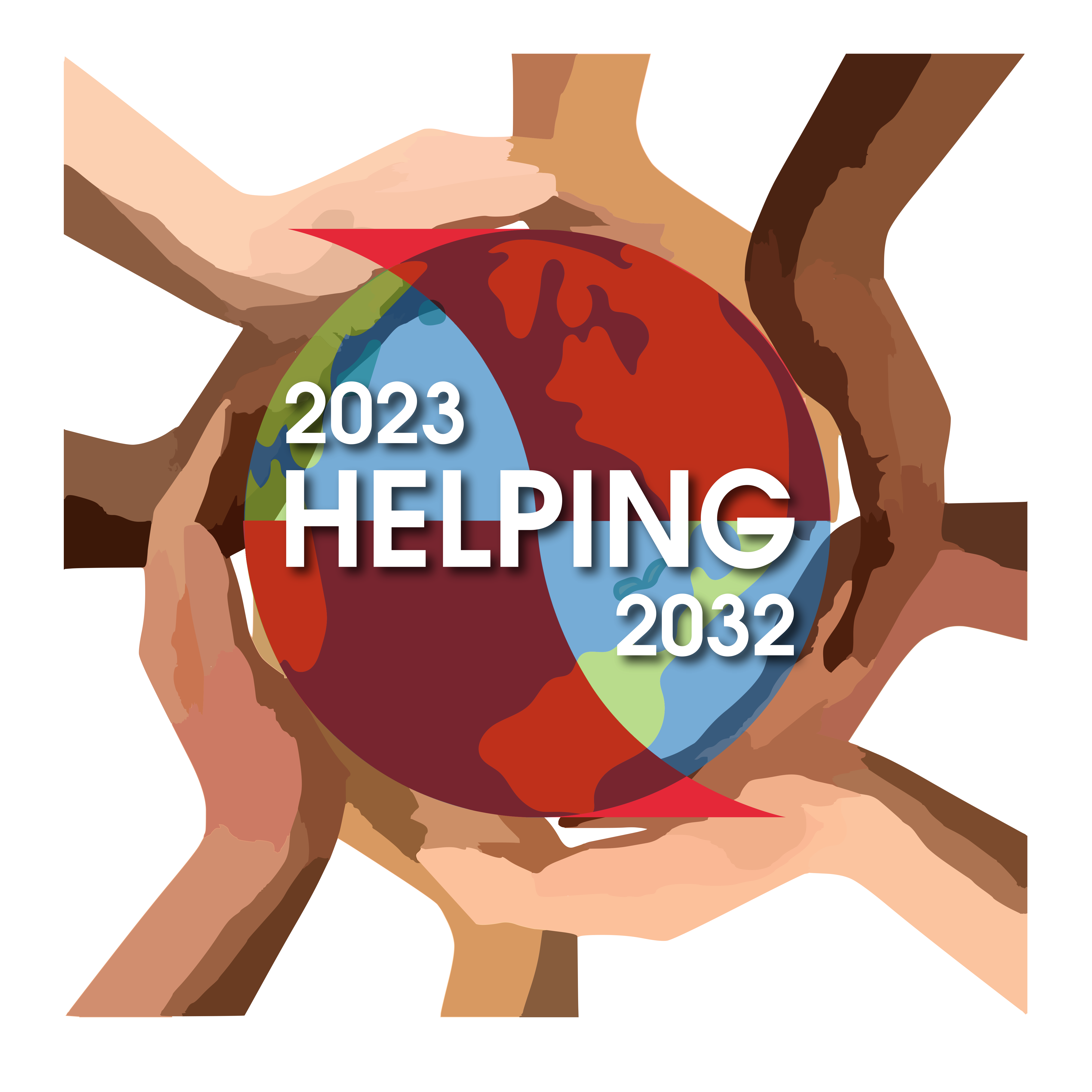
Take the lead for the next biennium of the IAHS Science for Solutions Decade dedicated to water solutions in the Anthropocene.
Background
The third IAHS Scientific Decade, HELPING (Hydrology Engaging Local People IN one Global world) was launched in 2023 with the first biennium chaired by IAHS President Berit Arheimer. This decade is a bottom-up process empowered by local hydrologists and scientists using open science and local data/methods when solving local water problems.
The first biennium has already achieved a great deal with the formation of 29 Working Groups with over 1000 members and the publication of the visionary community paper in the Hydrological Sciences Journal.
HELPING underpins solutions for the water crisis, leaving no catchment or hydrologist behind, in search for scientific evidence to:
- Accelerate the understanding of the linkages between hydrological processes at local and global scales and their interaction with water resources.
- Engage with local scientists and societies to learn from local experience, differences in hydrological processes and change around the world, and transfer solutions globally.
- Synthesising hydrological understanding across the globe and underpin the management of current crises by finding holistic solutions to mitigate future crises.
Leadership
Continuing in the same format as previous IAHS Scientific Decades the Chair serves for two years. IAHS is therefore now looking for a talented leader who is familiar to IAHS and willing to serve as Chair of the second biennium.
The Chair is responsible for:
- Promoting the IAHS HELPING Decade
- Coordinating the activities of the Working Groups via the three Theme leaders
- Leading, initiating and synthesising the publication of community papers from the Decade
- Reporting annually on the HELPING process to the IAHS Bureau
The applicants should have documented leadership experience and be active in water solutions research in line with the HELPING vision and working groups. Such research could for instance be encompassing interaction between local and global hydrological change, or developing holistic solutions for water security, or elaborating and applying co-creation processes.
To be considered please send an email to [email protected] by 8 November 2024 with the following attachments:
- cover letter no longer than one page outlining your relevant experience and aspirations for HELPING
- a resumé of CV no longer than two pages.
If you have any questions, please contact the IAHS secretariat. Looking forward to receiving many engaged and highly qualified applications!
Join the IAHS Equality, Diversity, and Inclusion (EDI) Task Force
IAHS has been committed to fostering a culture of equality, diversity, and inclusion through our official EDI Statement which we published in 2022. Now, we’re taking this mission to the next level by forming the IAHS EDI Task Force and we need passionate, forward-thinking members to help us shape the future of IAHS.

The IAHS EDI Task Force, led by Archana Sarkar (Vice President of IAHS), will play a pivotal role in developing our Association’s code of ethics and conduct, covering everything from leadership and conference behaviour to reviewer guidelines and reward systems. As part of this dynamic team, you'll have the opportunity to drive meaningful change and ensure IAHS upholds the highest standards of inclusivity.
What does it mean to be part of the IAHS EDI Task Force?
- Collaborate and Lead: Contribute to Task Force meetings (held online 2-4 times a year) and contribute to ongoing initiatives between meetings.
- Research and Advocate: Explore EDI approaches in similar organisations, gather insights from IAHS members, and engage with IAHS Officers, the Secretariat, and the HSJ Editorial Board.
- Shape the Future: Help draft and implement the IAHS EDI Action Plan, promoting EDI best practices at IAHS events.
- Influence Policy: Contribute to annual reporting to the IAHS Bureau and IUGG as appropriate and represent the EDI Task Force at the IAHS Bureau and IUGG EDI meetings when the Chair is not available.
This is an exciting opportunity to be part of a team that will shape the future of EDI within IAHS.
If you're passionate about creating a more inclusive scientific community, we invite you to apply! Simply complete the Google form or request a PDF version by emailing [email protected]. The deadline for applications is 1 November 2024.
Registration for online HELPING conference, 26 Nov 2024
Last year's online HELPING conference was a success and will be repeated 26 Nov 2024 (13:00 - 16:00 CET) in a new format, addressing some of the suggestions made at the side event at EGU. We now have 29 Working Groups that will be gathered to highlight progress and discuss collaboration. Please complete this registration form to secure your spot at this year's event. If you cannot access the Google Form, please contact [email protected] and assistance will be offered to you.

The latest articles and updates from HSJ Digest
Welcome to this edition of HSJ Digest, our bi-monthly synopsis of the latest news from Hydrological Sciences Journal. In this issue, in addition to our regular features, we reveal the winner of this year’s prestigious Tison Award. Read too about our key community paper setting out visions for the HELPING decade. And in our regular profile of HSJ people, meet Lottie Rundall, Editorial & Production Manager. Also find out more about LaTeX submissions, Openly HSJ, and much more.
Hydrological Sciences Journal is the official Journal of IAHS and provides a forum for original papers and for the exchange of information and views on significant developments in hydrology worldwide. It is published by Taylor & Francis and is available online and in print format. Keep abreast of our latest issues here, together with the Co-editors’ choice of featured articles.
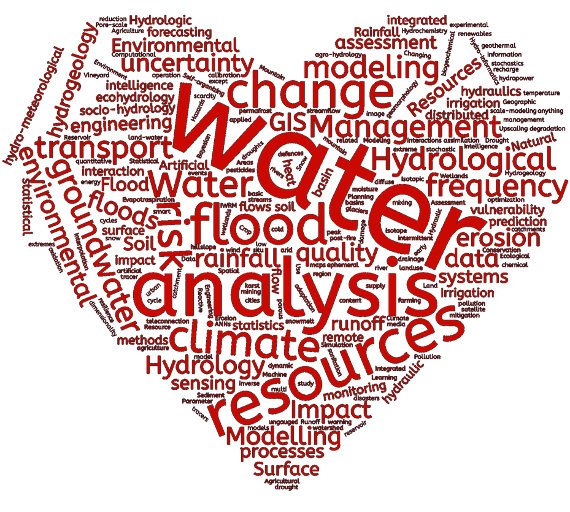
Save the date: IAHS 2025 Scientific Assembly
The XIIth Scientific Assembly of the International Association of Hydrological Sciences (IAHS 2025) will take place in Roorkee, India from 5 to 10 October 2025.
This important biennial event will provide an opportunity to communicate, exchange and project on all major topics in the hydrological sciences within the framework of sessions organized by all IAHS Commissions and Working Groups as well as the new HELPING Science for Solutions Decade.
This event will use a new forum program, to encourage scientific outlook and interactions between participants. Everyone will get an opportunity to speak in a Forum for the plenum. In addition, there will be fewer but more engaging presentations for the broad community of hydrological sciences, without any parallel sessions.
Key Innovations:
- Plenary Sessions Only – Please note that these are not invited talks. Plenary oral will be selected among the submitted abstracts only presenting challenging research. No parallel sessions ensure full audience engagement and better visibility of speakers.
- Guaranteed Oral Slot – All participants will present their work in the plenary, either through a 15-minute plenary oral presentation or a 1-minute forum oral.
- Visibility for Young Hydrologists – Early career scientists will have a secured platform for visibility.
- Poster with Video Interview – Participants opting for forum contributions will have their research showcased both in-person and via video interviews, shared on the IAHS YouTube channel.
Pre-conference events and training will be highlighted on the website when available.
It is jointly organized by the Indian Institute of Technology Roorkee, in coordination with the National Institute of Hydrology Roorkee, Irrigation Research Institute Roorkee and CBRI–Central Building Research Institute (CBRI) Roorkee.
More information will follow soon.
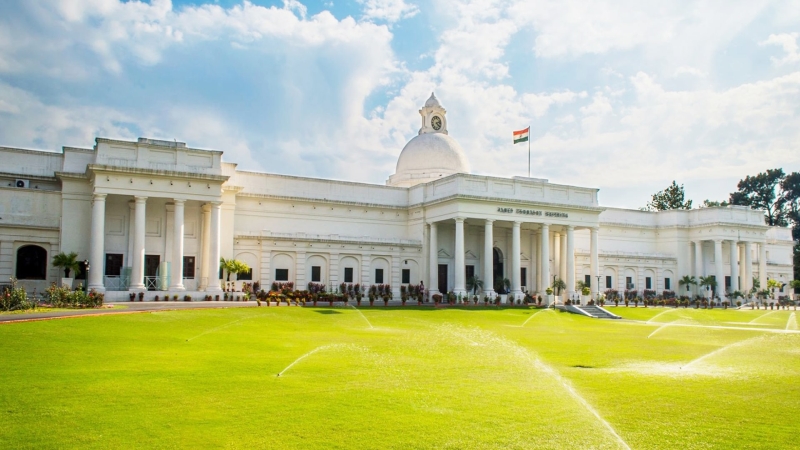
Updates on the Science for Solutions Decade HELPING
The new decade is evolving at speed with a lot of engagement and new collaborations across the globe. Some major achievements and upcoming initiatives are listed below.
The visionary paper
The final and corrected version of our joint visionary paper was published in August in the IAHS community Journal – well done all 128 authors! This paper is hopefully the first in a long list of publications as an outcome of our collaborative work during this decade.
How to cite:
Arheimer, B., Cudennec, C., Castellarin, A., Grimaldi, S., Heal, K. V., Lupton, C., … Xia, J. (2024). The IAHS Science for Solutions decade, with Hydrology Engaging Local People IN one Global world (HELPING). Hydrological Sciences Journal, 69(11), 1417–1435. https://doi.org/10.1080/02626667.2024.2355202
Paper collection for citations
We have now started to collect papers that mention the IAHS HELPING initiative in the Acknowledgement in a Publication List. We are looking forward to browsing through many of your papers there in the near future – please use the Google link on the IAHS/HELPING website to complete this form, or email [email protected] to add a HELPING paper to the list. For example, acknowledgements could be phrased as follows:
- This work was inspired by the IAHS initiative HELPING: “Hydrology Engaging with Local People IN one Global world”.
- This work contributes to the goals of the IAHS scientific decade of HELPING (2023-2032).
- This work was performed as part of the IAHS HELPING Working Group on “name of WG”.
This will help with writing synthesis papers at a later stage when scientific results are accumulating and it will give our papers high visibility in the IAHS community and beyond.
Online conference with all Working Groups
Last year's online HELPING conference was a success and will be repeated 26 Nov 2024 (13-16 CET) in a new format, addressing some of the suggestions made at the side event at EGU. We now have 29 Working Groups that will be gathered to highlight progress and discuss collaboration. Watch out for the upcoming link in the IAHS enews and the IAHS Calendar, where you can also read about events organized by specific working groups.
HELPING tags in the Digital Water Globe
It is now possible to tag and filter items to relevant HELPING Working Groups (up to 6 per item) in the Digital Water Globe. This will facilitate outreach and finding results from case studies as well as finding peers for networking across the globe.
Open call for new HELPING Chair
The IAHS Scientific Decades change Chair every second year and an open call will soon be announced. The current Theme leaders will remain another year to ensure sustainability and not loose momentum. Prof. Berit Arheimer steps down by the end of 2024 and the new Chair starts 1 January 2025. Follow the process and check out the Call in upcoming enews.
Helping web pages
All Working Groups now have dedicated webpages on the IAHS website that you can reach by clicking their titles in the table. You can explore the activities under each Theme, browse through presentations and sign up to Working Groups and suggest new ones. You can also contact the Working Group's Chair directly through a contact form.
Want To Know More About HELPING
If you're new to the world of HELPING and eager to get involved, don't hesitate to reach out to us. Just drop us an email at [email protected] and let's embark on this scientific journey together.
- Join a Working Group
- Join IAHS membership
- Join Digital Water Globe
- Follow us on social media
2024 IAHS Tison Awardee Announced
IAHS is pleased to announce that the 2024 Tison award goes to Martin Addi (Ghana) for his work on the 2022 Hydrological Sciences Journal paper: Evaluation of imputation techniques for infilling missing daily rainfall records on river basins in Ghana, Hydrological Sciences Journal, Volume 67, Issue 4, Pages 613-627, DOI: 10.1080/02626667.2022.2030868. The paper is free to view.
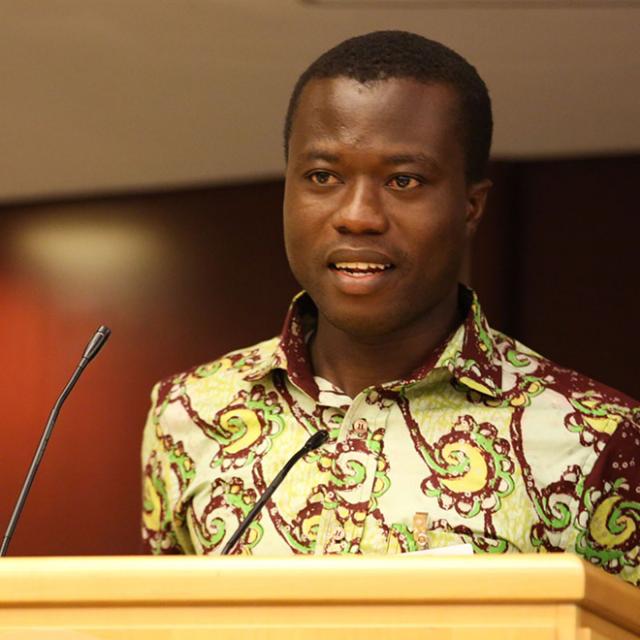
The paper was co-authored by Yeboah Gyasi-Agyei, Emmanuel Obuobie & Leonard Kofitse Amekudzi who are not eligible for the Tison Award, age-wise.
The IAHS Tison Award, established in 1982, aims to promote excellence in research by young hydrologists. The Award is granted for an outstanding paper published by IAHS in a period of two years previous to the deadline for nominations. This award is prestigious with a 1000 US$ prize and a 1 year subscription to HSJ co-sponsored by IAHS and Taylor & Francis, the publisher of Hydrological Sciences Journal. The award will be presented during the 2025 IAHS Scientific Assembly in Roorkee, India in October 2025.
The description of the award is available here.
Well-deserved summer break!
To all our incredible IAHS members & HSJ readers: Wishing you all a fantastic & well-deserved summer break! Enjoy the sunshine, relax, & recharge. Thank you for being a part of our amazing IAHS & HSJ community!

Advances in hydrological science in Latin America - call for papers
Latin America is home to unique hydrological systems with some of the largest river basins in the world. The combination of diverse climates, biomes and ecosystems with rapidly growing human footprints caused by urbanization, population growth and land use changes, makes it necessary and urgent to explore hydrological knowledge at the interface of science, policy and practice in water resources. The Advances in Hydrological Sciences in Latin America Special Issue will shed light on the distinctive hydrological features of Latin America, especially the complex challenges and opportunities for sustainable water management in the region. This Special Issue is an outcome of the recent Unsolved Problems in Hydrology Latin America initiative, and it is aligned with our IAHS Science for Solutions Decade HELPING, as we welcome contributions that:
(1) investigate interactions of water resources across different spatial scales,
(2) provide holistic solutions for water security,
(3) engage with hydrological knowledge co-creation.

Special Issue contributions are sought that present, but are not limited to:
- Urban hydrology: Investigating the effects of urbanization on hydrological processes, stormwater management, groundwater issues and climate resilience in urban water systems.
- Hydrology of unique ecosystems: Studying interactions in tropical, high-altitude, arid and coastal ecosystems, including the impacts of deforestation and land-use changes.
- Cross-Border Water Challenges: Offering comparative analyses of water availability, quality and socio-economic impacts on water management across borders.
- Hydrological indices and their application: Evaluating various hydrological and ecological indices to assess drought, floods, water scarcity and ecosystem health.
- Scaling issues: Studies at the bridge between the local and regional scales that enhance understanding of the hydrological processes and changes occurring in the region.
- Water management tools to support development: Addressing challenges and innovations in water resource management and quality control.
Abstract deadline: 20 July 2024
Manuscript deadline: 31 December 2024

